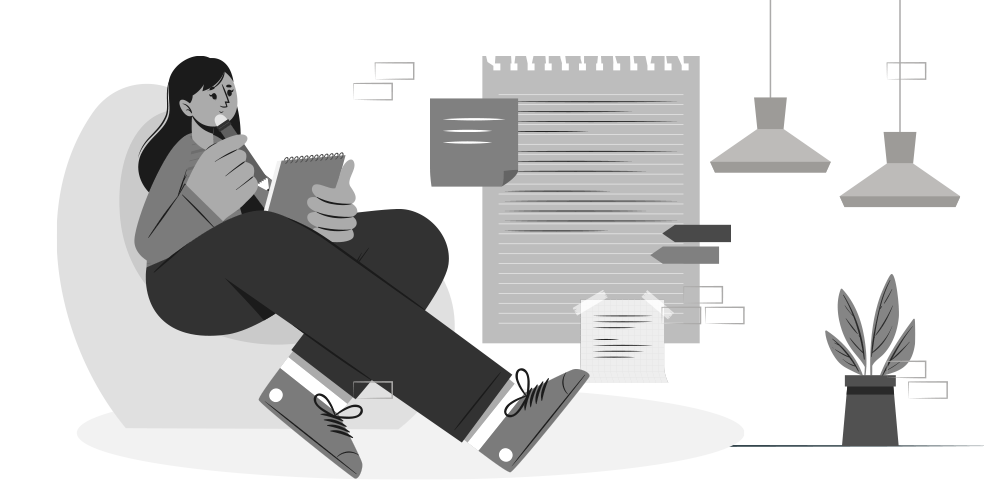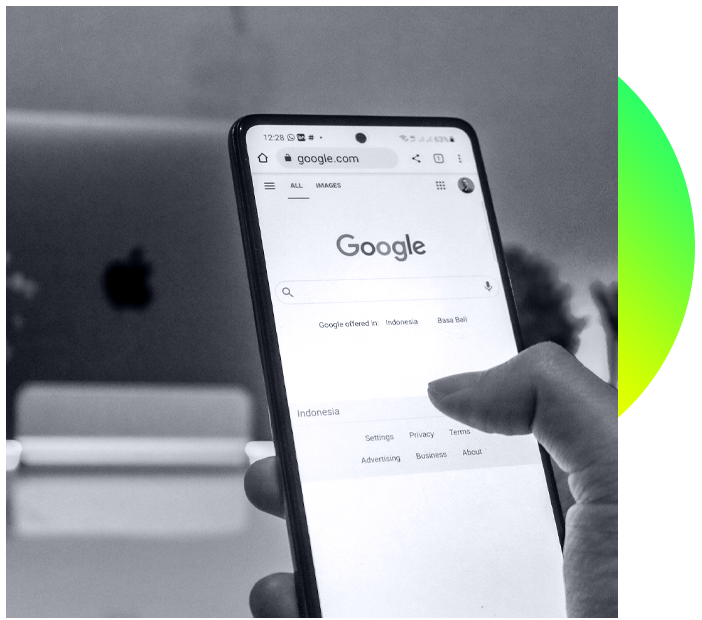Accessibility is a huge factor to consider. Your book can be pulled up on a smartphone, an e-reader, or even an iPad or similar tablet at the reader’s leisure. Physical books aren’t as easily portable as an electronic file, so whether your reader is on the bus or in a waiting room, your book will be immediately at their fingertips.
Once the book is produced, it is your property and can be reproduced ad infinitum. This serves the purpose of enhancing your brand’s image, establishing your credibility in the field, and not to mention the sales you can make off the piece of literature.
Because ebooks are web 2.0, you can link to previously published or posted materials of your work. This creates a finer stream of conversation within your own works and allows your audience to follow this timeline of information (linking chaining). Additionally, it provides new ways to market your brand by establishing these ties to your overall body of work.
Because ebooks don’t require any physical production, you are also saving money on those labor and material costs, and you’re not contributing to environmental waste. EBooks are environmentally friendly and sustainable, and the relative benefits of accessibility and link chaining are making the form more popular.


